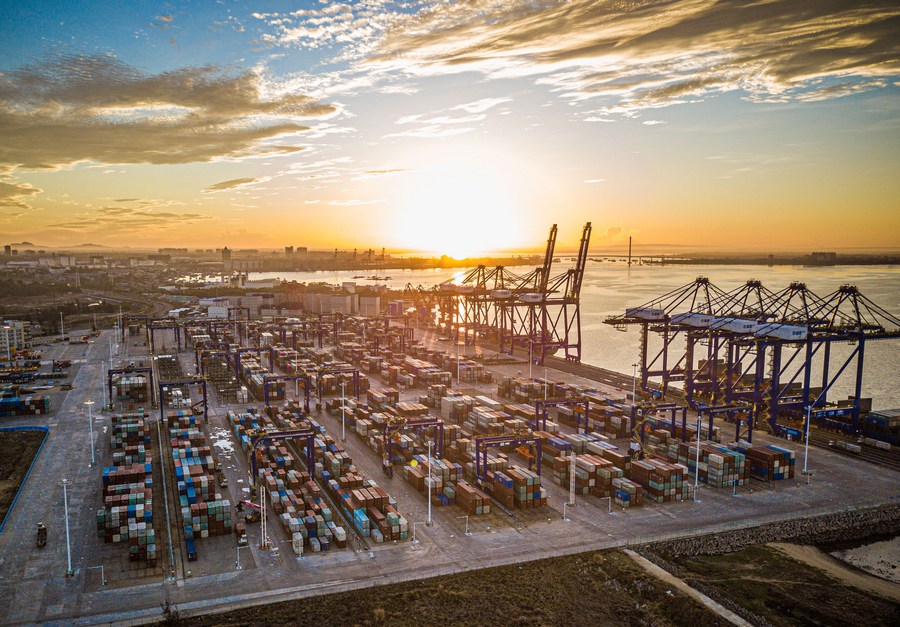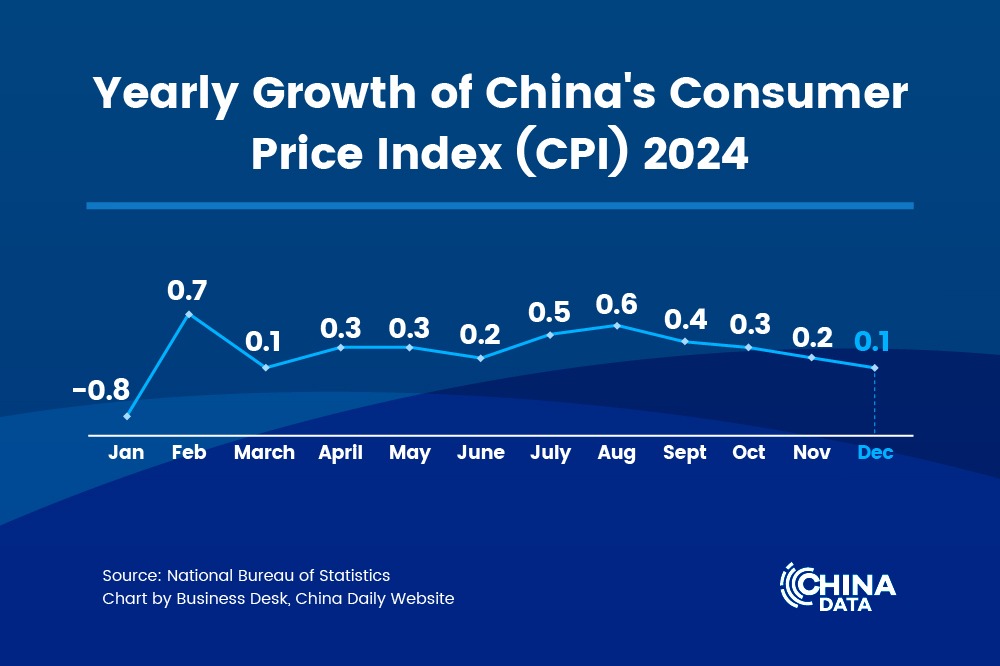RCEP agreement enhances regional economy and foreign trade


The RCEP agreement has boosted regional economy and become a new driver for member countries' foreign trade, officials and experts said at a recent forum.
For Fei Dongbin, vice-governor of Henan province, the province saw a growth rate higher than the national average in trade with RCEP member countries during the first half year. Despite disruptions by COVID-19 resurgences, Henan opened cross-border e-commerce charter flights from Zhengzhou to countries such as South Korea to make sure the international freight transport was uninterrupted, he said at the Global Cross-Border E-Commerce Conference Exhibition at Zhengzhou.
According to the General Administration of Customs, the trade volume between China and RCEP member countries increased by 7.5 percent year-on-year in the first seven months of this year. The country's trade value in July with the other RCEP members hit 1.17 trillion yuan, up 18.8 percent year-on-year, adding 5.6 percentage points to the nation's overall trade growth in that month.
Compared with 2019, business orders from RCEP member countries' through Made-in-China.com have doubled, according to Lin Hao, director of international affairs of this comprehensive service platform for foreign trade.
"Based on the data from our platform, since the signing of the RCEP, the suppliers of Made-in-China.com have become more flexible in production with lower cross-border transaction costs and higher efficiency, thus making the arrangement of the industry chain more flexible and efficient," Lin said at the forum.
Zhu Xuehan contributed to this story




































